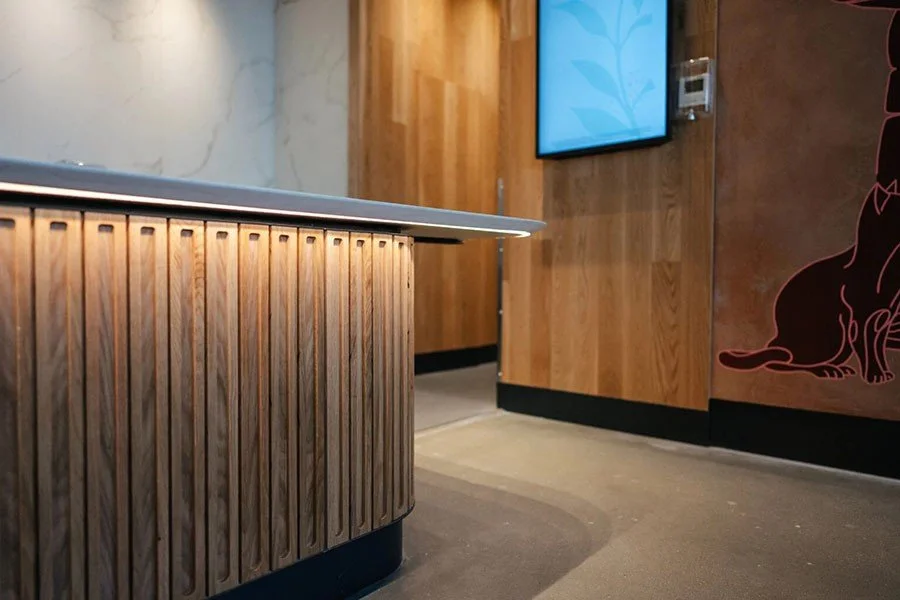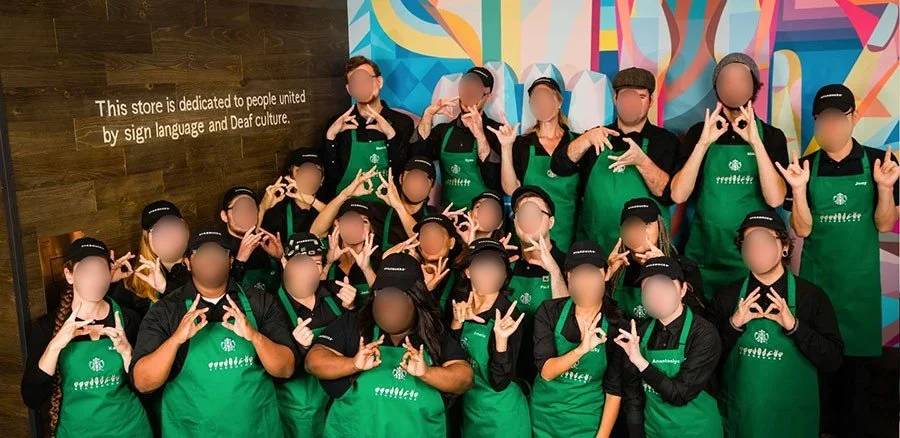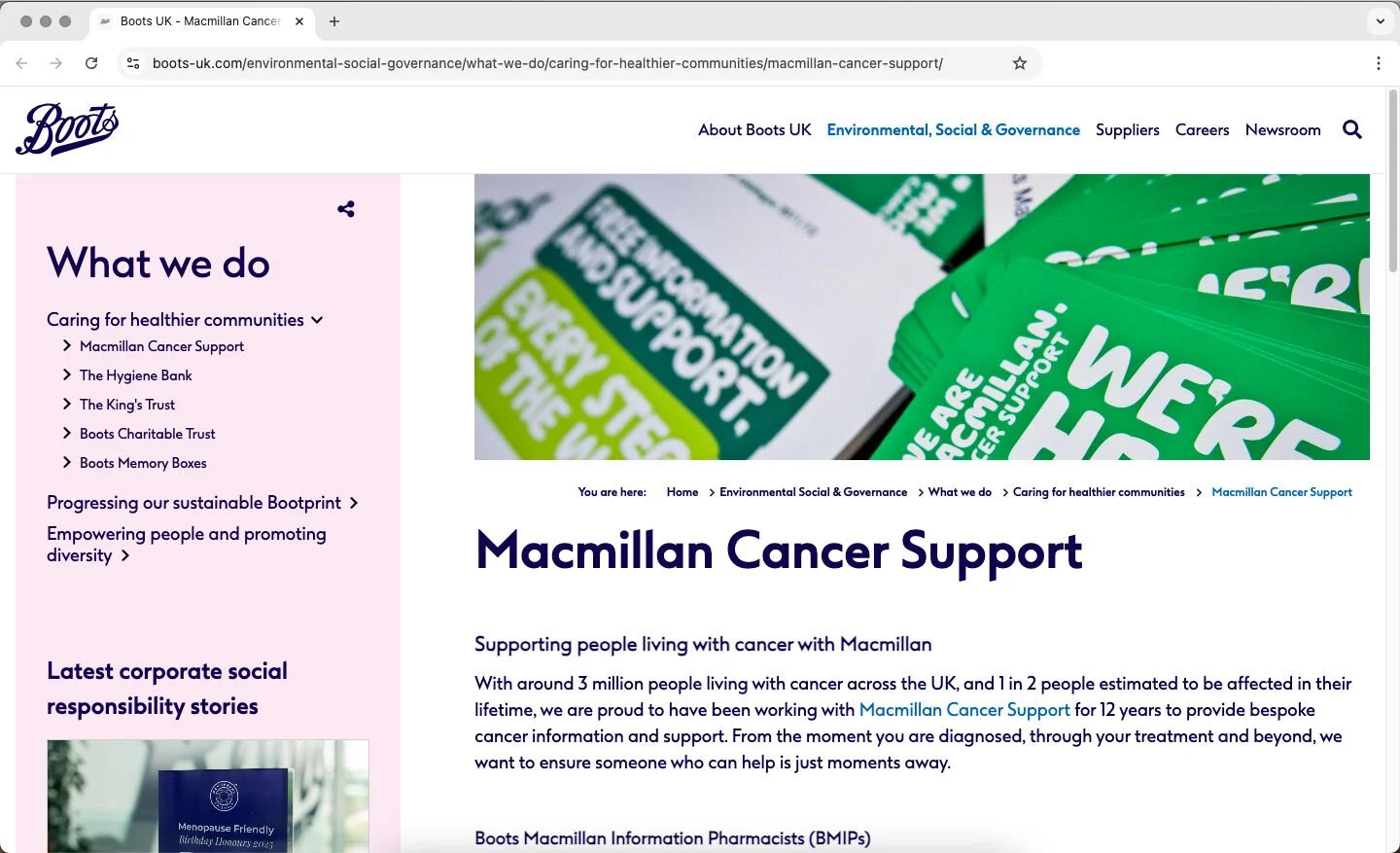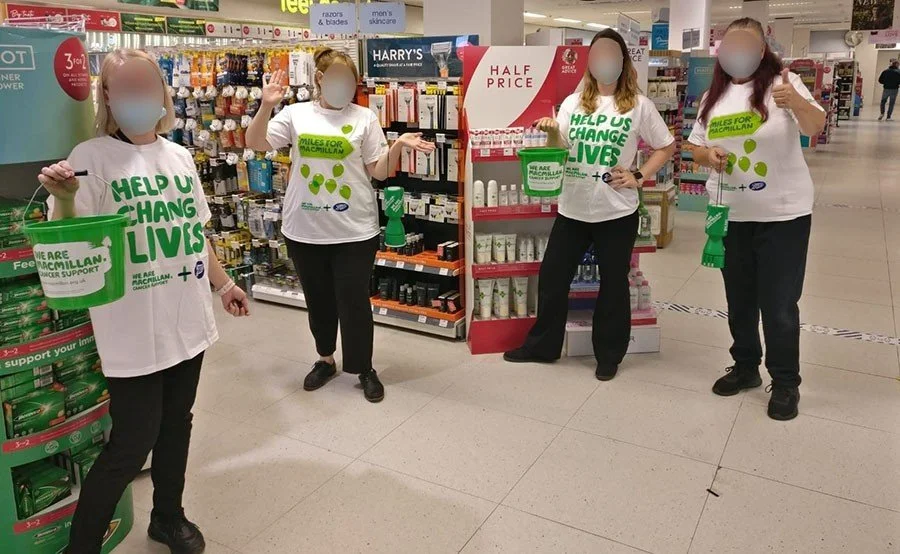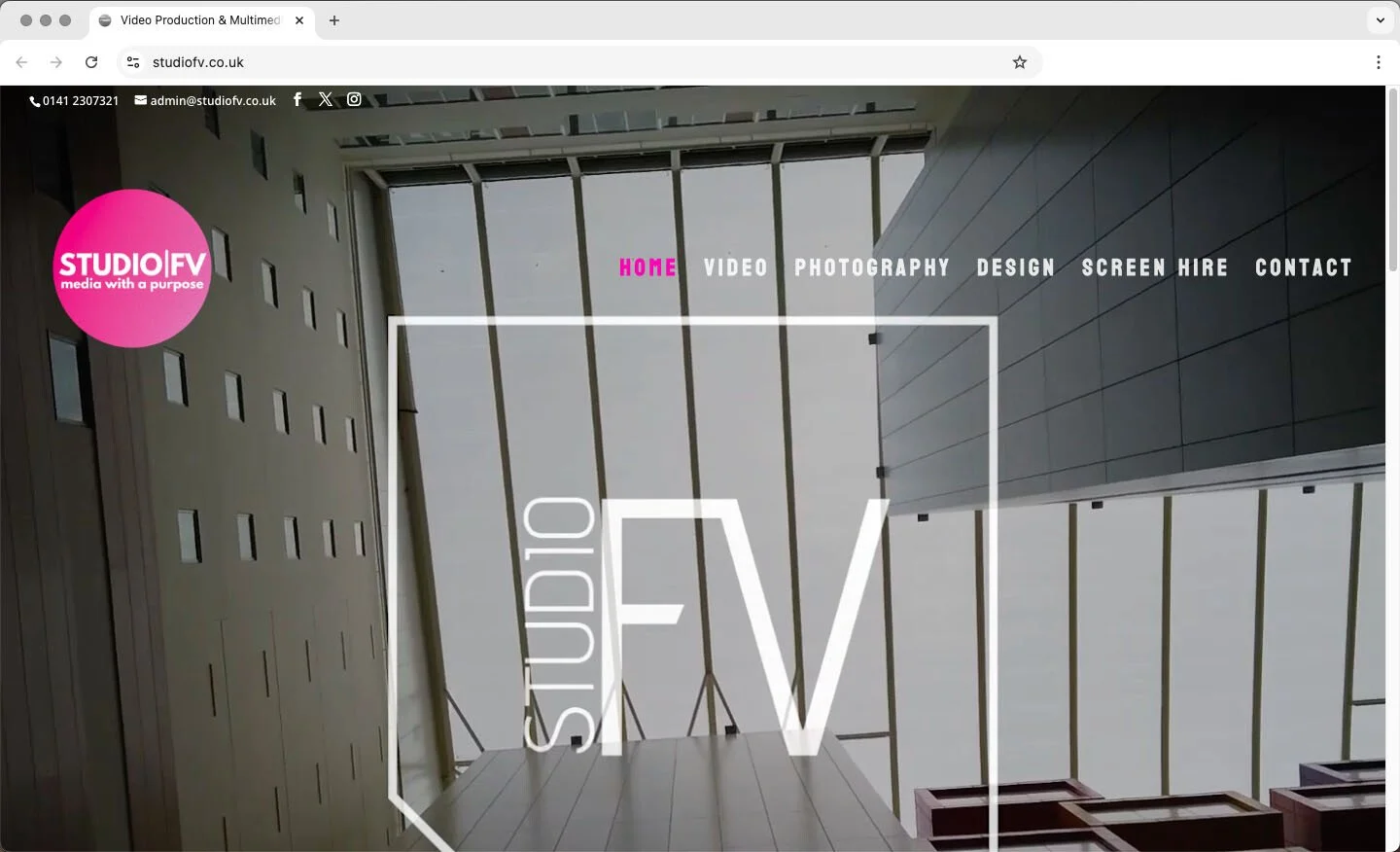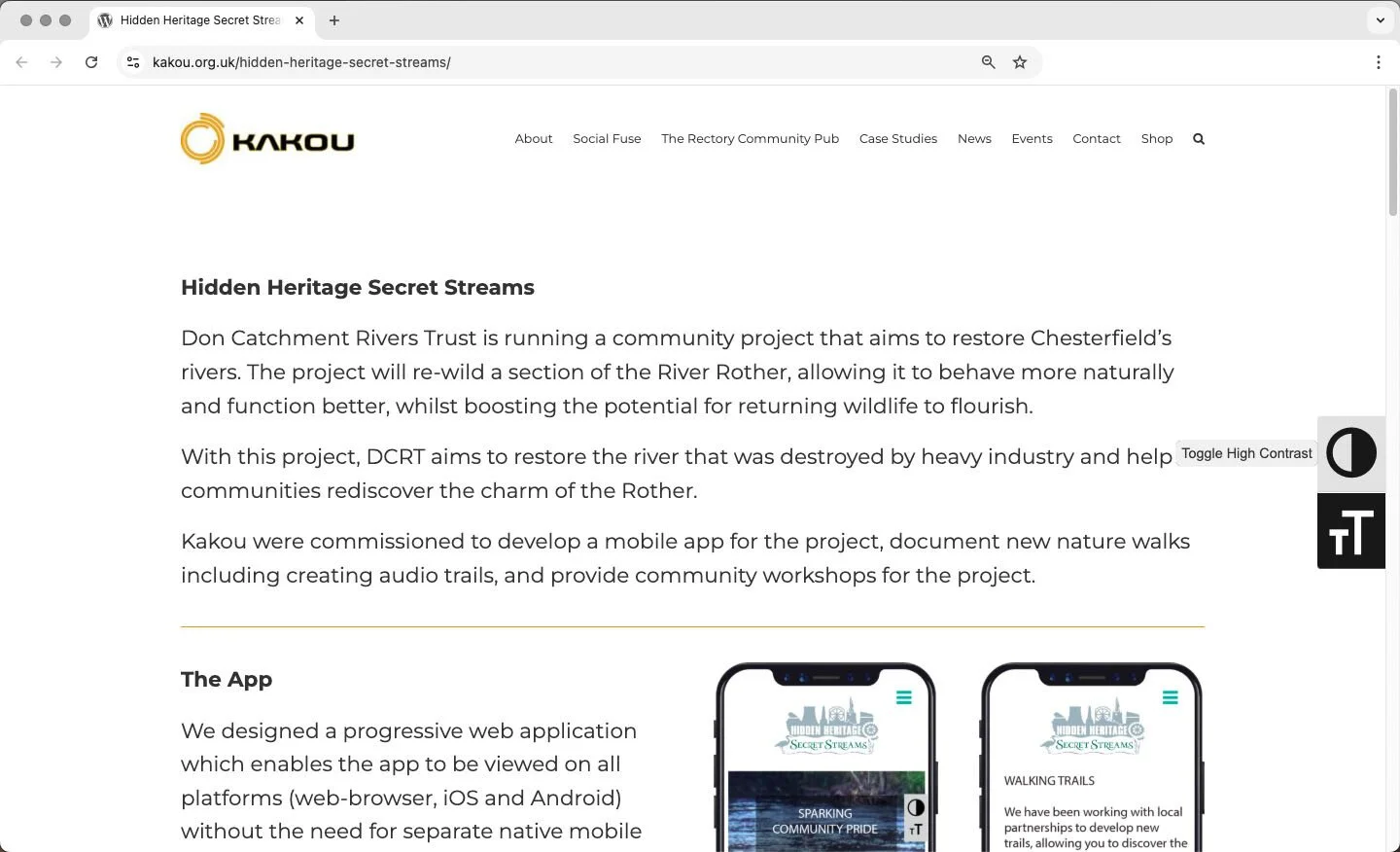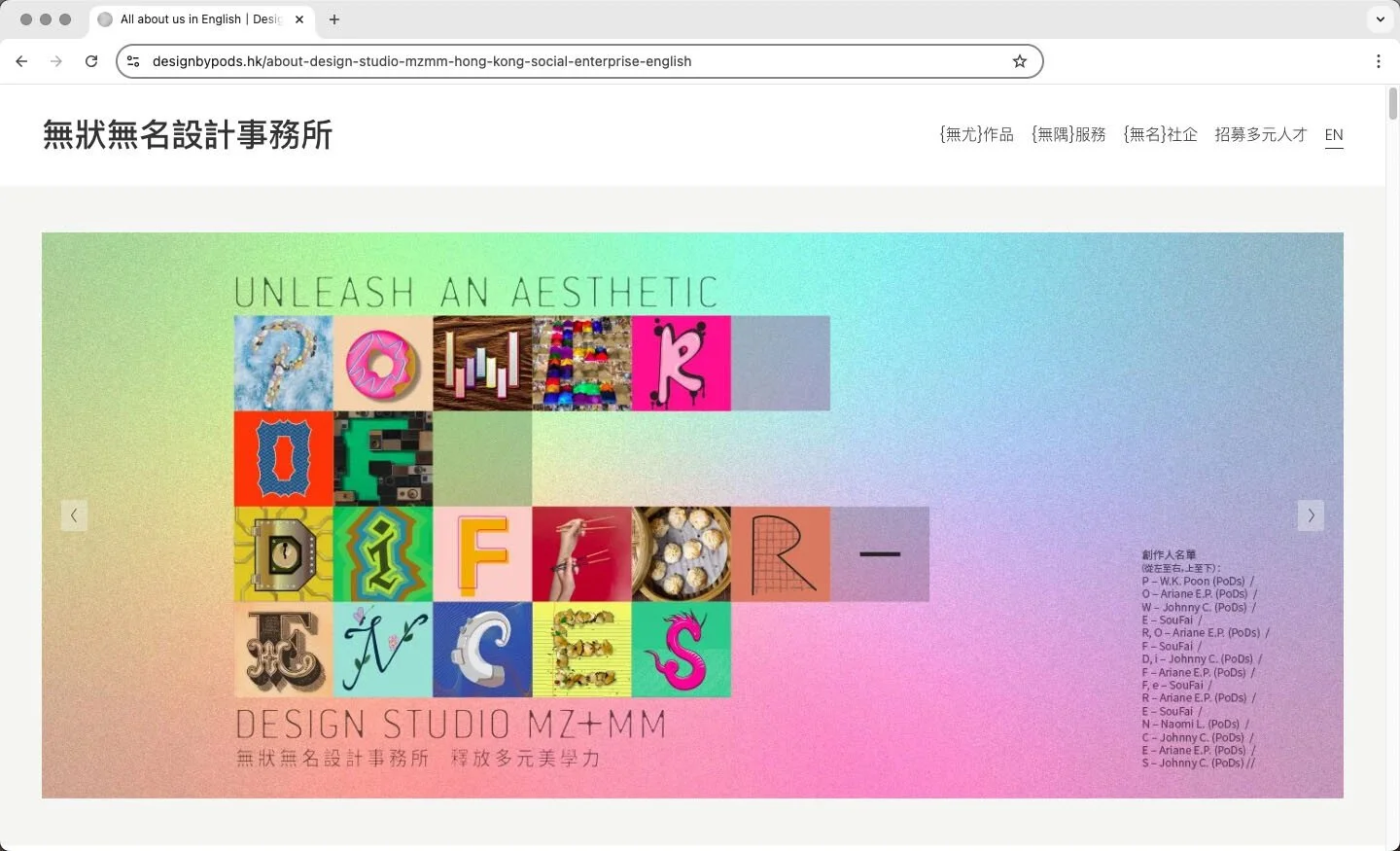Corporate Partnerships that Drive Disability Inclusion and Innovation
This article is part of our ‘ESG Insights: Driving Impact through Inclusion’ series, which was originally published on our LinkedIn on September 9, 2025. To get immediate access to future articles in our exclusive content on ESG and inclusion, be sure to Follow us on LinkedIn.
* * * * *
Disability inclusion is no longer just a box to tick; it is a powerful catalyst for innovation, social value, and sustainable business growth. Corporations seeking authentic ESG impact are increasingly turning to partnerships with disability-led social enterprises and charities as strategic collaborators rather than charity beneficiaries. These alliances generate meaningful social outcomes, elevate corporate reputation, and unlock business advantages grounded in lived experience and inclusive practices.
This article explores exemplary disability-inclusion partnerships between corporations, social enterprises, and disability charities. It highlights how these collaborations deliver measurable social and business value and illustrates the transformative potential of partnership through real-world case studies.
* * * * *
The Impact of Strategic Disability-Inclusion Partnerships
Corporate partnerships focused on disability inclusion go far beyond donations or short-term volunteer programs. They embed inclusion within business operations, supply chains, and community engagement, delivering lasting social impact and business advantages that align with evolving ESG frameworks.
Strategic partnerships:
Leverage lived experience of disability to foster truly accessible and innovative solutions
Build inclusive talent pipelines and workforce diversity
Enhance brand reputation and stakeholder trust through authentic action
Generate measurable social value that supports reporting and compliance
Create resilient, diverse supply chains that drive innovation and competitiveness
Real-world collaborations demonstrate that investing in disability-led social enterprises or specialised charities is not just good ethics — it’s good business.
* * * * *
Real-World Examples of Successful Partnerships
Starbucks & American Association of People with Disabilities (AAPD), USA
Starbucks partners with AAPD as a founding member of The Access Coalition, which focuses on creating more inclusive retail spaces. Starbucks’ Inclusive Spaces Framework guides design standards for lighting, acoustics, accessible equipment, wheelchair-friendly pathways, and more. Stores like the flagship Washington, D.C. location embody these principles, featuring power-operated doors, adaptive seating, visual order status boards, and accessible digital ordering interfaces. [1]
Inclusive Stores – extra space beneath the counter top for the wheelchair users (© Starbucks Corporation)
Maria Town, President and CEO of AAPD, called the coalition “a powerful example of the positive impact that can occur when industry comes together with community to co-create spaces that reflect and adapt to the range of consumer experiences.”
Complementing environmental inclusivity, Starbucks runs the Inclusion Academy to train and support employees with disabilities through career development programs, mentorship, and workplace accommodations. This collaboration has earned Starbucks repeated recognition as a top employer for disability inclusion and a leader in accessible retail design. [2][3]
Trainees at the Inclusion Academy (© Starbucks Corporation)
L&G & Whizz Kidz, UK
Legal & General (L&G) started its collaboration with Whizz Kidz as a fundraising partner a decade ago, but evolved into a deep consultancy engagement. Whizz Kidz’s expertise was integral to assessing the accessibility of L&G’s commercial properties and developing improvements, from modifying physical spaces to enhancing signage and access routes. The moving-on engagement ensures public environments are welcoming for all, while L&G benefits from social insight and actionable recommendations.
The partnership transformed L&G’s approach to social value creation and sustainability, demonstrating how disability inclusion expertise can improve real estate management and community engagement. It also opened doors to further government contracts focused on accessible design, illustrating the business opportunity in embedding inclusion at every level. [4]
Boots & Macmillan Cancer Support, UK
Pharmacy chain Boots’ partnership with Macmillan Cancer Support is a prime example of combining healthcare, inclusion, and social responsibility. Boots provides dedicated retail space for Macmillan’s nurse specialists and hosts health advice programs tailored to cancer patients, many of whom live with disabilities or chronic conditions.
A dedicated page on the Boots website for Macmillan Cancer Support (© The Boots Company PLC)
This collaboration has extended to training Boots staff in disability-aware customer care, creating a more inclusive shopping and healthcare experience. The partnership reports mutual benefits: Macmillan expands its outreach while Boots strengthens community ties and employee engagement in health advocacy. [5][6]
Macmillan campaign inside a Boots store (© The Boots Company PLC)
* * * * *
Case Studies from Social Enterprises
Fairly Marvellous CIC (UK)
Fairly Marvellous employs people facing barriers to employment, including disabled individuals, to deliver bespoke web design and digital solutions. Clients praise not only the quality but the social impact of their collaboration:
“Working with Fairly Marvellous has been a revelation. The creativity combined with a genuine focus on inclusion enriches every project. Our brand reputation has improved as we share our commitment to social value through sourcing from Fairly Marvellous.”
This partnership illustrates how procurement from disability-led social enterprises enhances corporate social responsibility while delivering excellent services.
A screen capture of the Fairly Marvellous website (© Fairly Marvellous CIC)
StudioFV (Scotland)
StudioFV is a media production company committed to employing disabled creatives and people facing employment challenges. They partner with organisations to create inclusive visual content, promoting authentic representation.
“StudioFV brought fresh perspectives to our marketing campaigns, resonating deeply with diverse audiences. Their team’s passion and lived experience add authenticity that’s rare in mainstream media.”
By partnering with StudioFV, companies not only access skilled creative services but also support inclusive hiring and social empowerment in Scotland’s arts sector.
A screen capture of the StudioFV website (© StudioFV)
Kakou CIC (UK)
Kakou CIC runs Hidden Heritage: Secret, a community-led project engaging disabled people in storytelling and heritage conservation. Corporate partnerships support program delivery, accessibility improvements, and community outreach.
“Kakou’s work redefines what community engagement means by centering disabled voices in cultural heritage. Our collaboration has enhanced our corporate social impact and provided meaningful connection for our employees.”
"This example highlights the potential of partnership to foster inclusion in unexpected sectors such as cultural heritage and education.
A screen capture of the Kakou website (© Kakou CIC)
Design Studio MZ+MM (Hong Kong, China)
Design Studio MZ+MM is a boutique design agency that intentionally employs designers with disabilities to deliver innovative branding and communication solutions. Their team’s diverse profiles include professionals who are hearing-impaired, physically impaired, on the autism spectrum, or managing chronic illnesses. With an equally diverse range of skills — spanning illustration, comics, animation, and more — the studio ensures each project benefits from a rich fusion of talents.
Under the guidance of their Design Director, every assignment is co-created by designers tailored to the client’s needs. Their innovative approach is reflected in client feedback:
“Nice job! The design is outstanding, well-balanced, minimal yet powerful. I like your ideas, the concepts, and appreciate that you and your team go the extra mile for our project. Thanks (your) team.”
This partnership exemplifies how procurement from disability-led social enterprises not only enhances corporate social responsibility but also empowers designers with disabilities by building confidence and self-esteem through meaningful creative work.
A screen capture of the Design Studio MZ+MM website (© Design Studio MZ+MM)
* * * * *
Measurable Social and Business Value
Successful corporate partnerships with disability-led social enterprises and charities produce both social and business dividends:
Social Value: Improved employment rates, skill development, reduced stigma, enhanced well-being, and inclusion for persons with disabilities. These outcomes contribute to stronger, more equitable communities.
Business Value: Increased innovation, differentiated brand reputation, access to new markets, enhanced customer loyalty, and compliance with ESG standards.
ESG Reporting & Accountability: Quantitative data from partnerships support transparent communication about social impact, aligning with investor and regulatory expectations.
Building Effective Partnerships: Practical Guidance
To maximise the potential of disability-inclusion partnerships, corporations should:
Align Core Values: Ensure disability inclusion is woven into strategic objectives, not just philanthropic efforts.
Engage Early and Often: Co-create initiatives with disabled people and social enterprises from the planning phase.
Measure Impact: Use clear KPIs and social return on investment (SROI) frameworks to track progress and communicate value.
Invest in Capacity Building: Support smaller social enterprises with training, access to markets, and financial assistance.
Foster Long-Term Relationships: Move beyond transactional interactions to mutually beneficial, ongoing partnerships.
* * * * *
Conclusion: Unlocking the Power of Partnership
Corporate partnerships that prioritise disability inclusion and innovation are essential for achieving genuine ESG impact. By collaborating closely with disability-led social enterprises and charities, businesses access unique insights, drive innovation, and build inclusive economies that benefit all stakeholders.
The examples from Starbucks, L&G, Whizz Kidz, Boots, Macmillan Cancer Support, Fairly Marvellous, StudioFV, Design Studio MZ+MM and Kakou demonstrate how partnerships transform corporate responsibility into measurable social change — and authentic business growth. Inclusion is not just a social imperative; it is a business imperative.
It’s time for companies to move beyond isolated efforts and embrace partnership as a central pillar in their disability inclusion strategies. To explore discovering and building strategic partnerships with disability-led social enterprises and charities, start by engaging local networks, setting shared goals, and prioritising inclusive co-creation.
Sources:
https://about.starbucks.com/press/2024/starbucks-equity-and-inclusion-timeline/
Page 9, ‘Building More Impactful Corporate-Charity Partnerships’. https://www.vonne.org.uk/sites/default/files/files/resources/Building-Impactful-Corporate-Partnerships.pdf
https://www.thinknpc.org/blog/meaningful-corporate-charity-partnerships/
Image Sources: the internet*
* The copyrights of the images belong to their owners. Based on the principle of FAIR USE, the materials are displayed to illustrate their relevant issue.
* * * * *
Design Studio MZ+MM makes Social Procurement conveyable.
Design Studio MZ+MM is a social enterprise (SEE Mark No. SEE 0114) based in Hong Kong, providing various types of graphic design services. Currently, the team is composed of hearing-impaired and hearing designers who practice disability inclusion, which is the primary reason for promoting "diversity, equity and inclusion" in corporate organizations. We support the United Nations Sustainable Development Goals SDGs: 10 “Reduced Inequalities” and 17 “Promote Partnerships for the Goals”.
In addition to providing job opportunities for diverse talents, this social enterprise also helps corporate clients implement advanced governance concepts. We also firmly believe that Design Studio MZ+MM is still the only social procurement solution practitioner and provider in Hong Kong, providing professional design services in the true sense of social procurement and adding multiple levels of added social value. To learn more about the vision and mission of this social enterprise, please click this link to jump to the Social Impact page.
